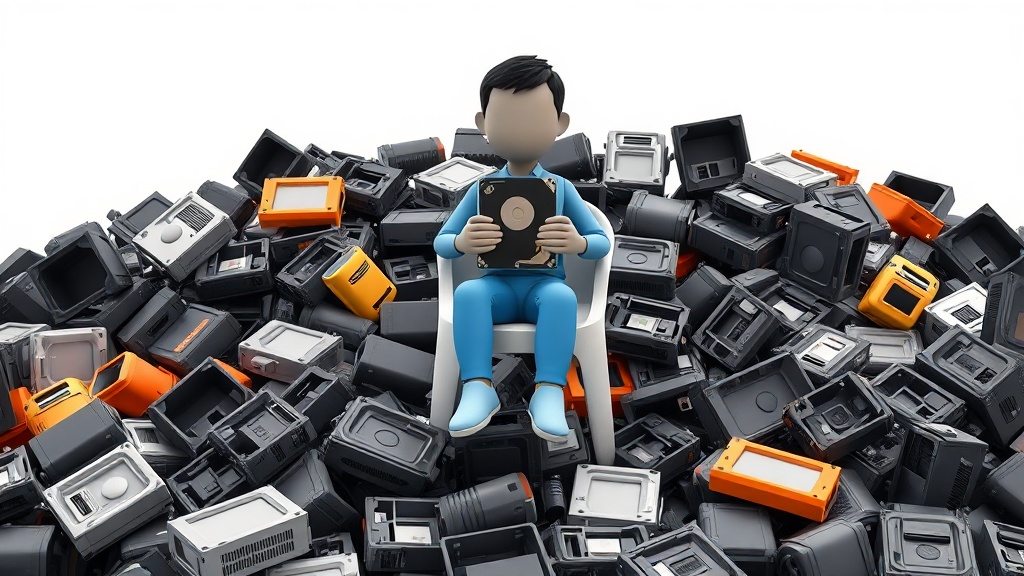Home / Environment / India's E-Waste Dilemma: Driving Sustainable Solutions for a Greener Future
India's E-Waste Dilemma: Driving Sustainable Solutions for a Greener Future
8 Oct
Summary
- India projected to generate 1.4 million metric tons of e-waste by FY 2024-25
- 80% of e-waste handled by informal sector, posing environmental and health risks
- State intervention crucial to boost recycling capacity and transition to circular economy

As of October 8th, 2025, India stands at a critical juncture in its journey towards sustainable development. As one of the world's fastest-growing economies, the country is grappling with the dual challenge of rapid technological advancement and the mounting environmental burden of electronic waste (e-waste). It is estimated that in the fiscal year 2024-25, India generated approximately 1.4 million metric tons of e-waste, a figure projected to increase exponentially as digital adoption accelerates.
However, India's recycling infrastructure remains woefully underdeveloped. Currently, about 80% of e-waste is handled by the informal sector, where recyclers often lack the technology and expertise to process complex materials safely, leading to environmental degradation and health risks for the workers and nearby communities. Formal recyclers face significant barriers, including limited access to capital and inconsistent regulatory enforcement.
State intervention is therefore crucial to address these challenges and help India become a circular economy under the Atmanirbhar Bharat initiative. Subsidies, low-interest loans, technical support, and strict extended producer responsibility (EPR) enforcement can bridge the gap and boost the capacity of recyclers to adopt advanced methods. This will ensure environmental compliance and cut the ecological footprint of e-waste.
A robust EPR framework is key to India's transition to a circular economy, as it makes producers accountable for their products' lifecycle and promotes sustainable production and consumption. By mandating recycling and disposal, EPR can encourage original equipment manufacturers (OEMs) to design products with recyclability in mind, reducing waste at the source and creating a market for recycled materials.
Decisive action by the state can turn India's e-waste challenge into a driver of growth, innovation, and global sustainability leadership. A thriving e-waste management system will not only enhance the country's credibility in global climate negotiations but also attract foreign direct investment in green technologies and foster international collaborations.



